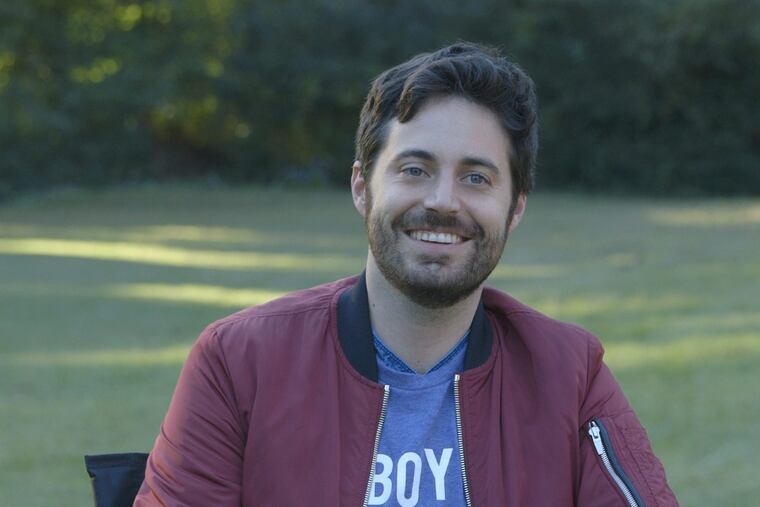‘God was used as a weapon against me’: How gay conversion therapy tore Garrard Conley away from his faith
The man behind the true story of the gay conversion therapy drama Boy Erased says it's not a 'God-bashing' drama.

When Garrard Conley, whose memoir is the basis for the new movie Boy Erased, uses the term "soul murder" to describe his time in so-called gay conversion therapy, he uses the word soul advisedly.
Conley grew up an evangelical Christian in small-town Arkansas. He also grew up in the closet, living uneasily with his deeply religious parents in the space between those disparate worlds.
He eventually confessed his feelings to his parents — played in Boy Erased by Russell Crowe and Nicole Kidman — and agreed at their urging to attend "conversion therapy," which was traumatic for all kinds of reasons. Conley found the so-called therapy was marked by quackery, profiteering, hazing, and abuse. He calls himself a survivor for good reason — another young man at the facility committed suicide (the practice is banned in 14 states).
Conley understands how easily that could happen. Gay men and women, often in their teens, who seek therapy are often deeply religious, he said, and find themselves forced to make an impossible choice between two essential elements of their identity.
"It's really important for people of faith not to have that faith ripped away from them like mine was, when God was used as a weapon against me. It disrupted my natural progression through faith and doubt, which is a big part of the journey of any Christian. When you suddenly throw all of that away, when you throw away important relationships, it has a devastating affect on you psychologically," said Conley, played in the movie by Lucas Hedges.
Conley likes the movie adaptation and hopes it speaks to all kinds of people. He now lives in New York (he has a husband) and finds that liberals sometimes do a poor job of trying to see things from the point of view of red-state folks who grow up with a different set of beliefs and cultural assumptions. By the same token, he thinks Boy Erased can speak to evangelicals like his father, still torn between love for his son and a bedrock belief that homosexuality is a sin. Conley said the respectful treatment of folks like his father was a priority of actor-director Joel Edgerton.
"It's very difficult, in this very polarized world of ours, to tell a story in a way that people will see that religion is not being attacked. That people like my parents are not being attacked. It's my hope that world of mouth gets out that this is not a God-bashing movie and that it's nothing to be afraid of," said Conley.
Edgerton, who introduced the movie at the recent Philadelphia Film Festival, said he was taking his cue from Conley.
"I had zero interest in demonizing anybody, because that's bad storytelling. But I also wasn't being even-handed for the sake of being even-handed. I was looking at how Garrard wrote the book, which is with great empathy for everybody in a really difficult situation."
The actors felt the same way. Conley said Crowe met often with his father and attended services in his father's church.
"When he finished shooting, he texted my dad and said, 'Don't worry, [the movie] does it right,' " Conley said.
Conley has reached a kind of loving truce with his father, though it was a very difficult process.
"I eventually had to face the fact that it wasn't just about religion. He was on a very basic level disgusted with me. And that is hard to deal with. But he understands that I'm not going to change, and he's apologized for sending me to conversion therapy," said Conley, who has always kept his own heart open.
"You can't choose who you love. There were times I wanted to hate [my father]. But every time I tried, I couldn't. Because I know him. And I know about all the times he's organized soup kitchens for the homeless. I know he goes to the hospital to comfort people who are dying, not because he thought he would save their souls, but because it was the right thing to do."
His mother now actively participates in efforts to improve the lives of those in the LBGTQ community, mindful of the damage that homophobia does to families.
"Her story is in many ways more heroic and dynamic than mine," he said, "because her journey has taken her so much further."